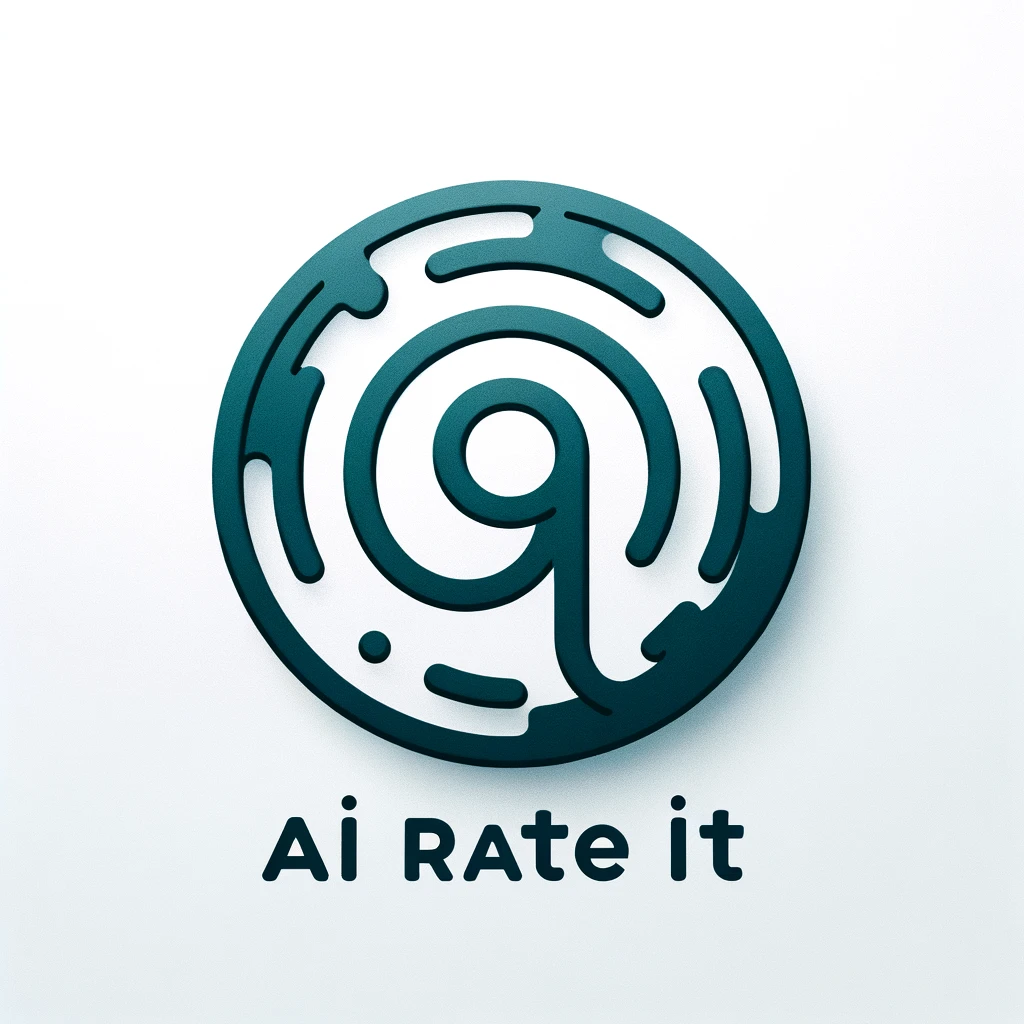Imagine being able to sit back and watch as the perfect ad content is effortlessly created before your eyes. Thanks to the latest advancements in artificial intelligence (AI), this dream is now a reality. AI is revolutionizing the way ads are generated, offering businesses the ability to create impactful and persuasive content at lightning speed. No longer do you have to spend hours brainstorming catchy slogans or crafting captivating copy – AI takes care of it all, leaving you with more time to focus on growing your business. In this article, we will explore how AI technology is transforming the world of automatic ad content generation, providing businesses with a powerful tool to enhance their marketing strategies and reach their target audience in a more effective and efficient way.
Automatic Ad Content Generation

Definition of Automatic Ad Content Generation
Automatic ad content generation refers to the process of using Artificial Intelligence (AI) technology to automatically create advertisements without the need for human intervention. AI algorithms analyze data and generate relevant ad content according to the target audience, keywords, and desired objectives.
The Challenge of Ad Content Generation
Creating compelling and engaging ad content can be a daunting task for marketers. It often requires extensive research, creativity, and the ability to understand customer preferences. However, with the ever-increasing competition and the need for timely and relevant content, traditional methods are no longer sufficient. This is where automatic ad content generation becomes crucial.
Benefits of Automatic Ad Content Generation
The adoption of automatic ad content generation brings several benefits to marketers. Firstly, it saves time and effort by automating the creation and optimization of ad content. Secondly, it improves targeting and relevance by leveraging AI algorithms that analyze data and customer behavior patterns. Lastly, it allows for better personalization and customization, resulting in more engaging and effective advertisements.
Role of AI in Revolutionizing Ad Content Generation
Artificial Intelligence (AI) plays a significant role in revolutionizing ad content generation. Let’s explore the introduction to AI, techniques employed for ad content generation, and the advantages it brings to this field.
Introduction to AI
AI is a branch of computer science that focuses on creating intelligent machines capable of performing tasks that typically require human intelligence. By utilizing AI technology, it becomes possible to automate various processes, including ad content generation, thereby enhancing efficiency and effectiveness.
AI Techniques for Ad Content Generation
AI employs various techniques to generate ad content automatically. These include machine learning, natural language processing (NLP), deep learning, and computer vision. Each technique serves a unique purpose in analyzing data, understanding user behavior, and creating personalized ad content.
Advantages of AI in Ad Content Generation
AI brings numerous advantages to the field of ad content generation. Firstly, it enables marketers to analyze large volumes of data quickly and accurately, allowing for more informed decision-making. Secondly, AI algorithms can identify trends and patterns in consumer behavior, enabling more targeted and effective advertising campaigns. Lastly, AI enables the generation of personalized and creative ad content, resulting in higher engagement and conversions.

Understanding AI Technology
To effectively understand how AI revolutionizes ad content generation, it is essential to have a grasp of the key AI technologies involved. These technologies include machine learning, natural language processing (NLP), deep learning, and computer vision.
Machine Learning
Machine learning is a subset of AI that enables machines to learn from data and improve their performance without being explicitly programmed. In the context of ad content generation, machine learning algorithms analyze vast amounts of data to identify patterns and make predictions about user preferences and behavior.
Natural Language Processing (NLP)
Natural Language Processing (NLP) is a branch of AI that focuses on the interaction between computers and human language. NLP enables machines to understand, interpret, and generate human language, leading to more effective and persuasive ad content.
Deep Learning
Deep learning is a subset of machine learning that involves artificial neural networks, inspired by the structure and function of the human brain. Deep learning algorithms are capable of processing vast amounts of data and extracting meaningful insights, which can be utilized for generating highly personalized and relevant ad content.
Computer Vision
Computer vision refers to the field of AI that enables machines to understand and interpret visual information. It plays a crucial role in ad content generation by allowing machines to analyze images and videos and generate visually appealing and impactful advertisements.
AI-Driven Ad Content Generation Process
AI-driven ad content generation involves a comprehensive process that encompasses data collection and analysis, keyword identification and targeting, creative ad copy generation, and personalization and customization.
Data Collection and Analysis
The first step in the AI-driven ad content generation process is collecting and analyzing relevant data. This includes gathering information about the target audience, their demographics, behavior patterns, and preferences. AI algorithms then analyze this data to identify valuable insights that can inform the ad content creation process.
Keyword Identification and Targeting
Once the data has been collected and analyzed, AI algorithms identify keywords that are most relevant to the target audience and the objectives of the advertising campaign. These keywords play a crucial role in ensuring that the generated ad content aligns with the target audience’s interests and needs, increasing the chances of engagement and conversion.
Creative Ad Copy Generation
After identifying the keywords and target audience, AI algorithms generate the ad copy. This process involves leveraging natural language processing techniques to create compelling and persuasive content that appeals to the target audience. The generated ad copy is tailored to effectively communicate the value proposition of the product or service being advertised.
Personalization and Customization
AI-driven ad content generation enables personalization and customization of advertisements according to individual user preferences. By leveraging the insights gathered from data analysis, AI algorithms can create tailored content that resonates with each user. This personalized approach enhances engagement and increases the likelihood of conversion.
Enhancing Advertisements with AI
The integration of AI technology in ad content generation brings forth several enhancements that benefit both marketers and consumers.
Improved Ad Relevance and Conversion
By leveraging AI algorithms, marketers can ensure that their ad content is highly relevant to the target audience. This relevance leads to increased engagement, higher conversion rates, and ultimately, a greater return on investment (ROI). AI can identify specific user preferences and behaviors, allowing for targeted advertising that resonates with individuals on a deeper level.
Dynamic Ad Creation and Optimization
AI enables dynamic ad creation and optimization, ensuring that the right ad content is delivered to the right audience at the right time. By continuously analyzing data and user behavior, AI algorithms can adapt and optimize ad content in real-time, maximizing its effectiveness and impact.
Hyper-Personalized Ad Experiences
The personalization capabilities of AI allow for hyper-personalized ad experiences. Marketers can deliver targeted content that speaks directly to the individual preferences, needs, and desires of users. This level of personalization creates a stronger emotional connection and enhances user engagement.
Real-Time Ad Performance Analysis
AI technology enables real-time analysis of ad performance, providing marketers with valuable insights into the effectiveness of their campaigns. By tracking metrics such as click-through rates, conversions, and engagement levels, AI algorithms can generate actionable recommendations for optimizing ad content and overall campaign performance.
Challenges in AI-Driven Ad Content Generation
While AI-driven ad content generation offers immense benefits, there are several challenges that need to be addressed for successful implementation.
Maintaining Brand Voice and Consistency
One challenge of AI-driven ad content generation is maintaining brand voice and consistency across different ad campaigns. It can be a complex task for AI algorithms to understand and replicate the unique tone, style, and messaging of a brand. Marketers must carefully monitor and guide the content creation process to ensure brand integrity.
Ethical Considerations and Algorithm Bias
AI algorithms are only as unbiased as the data they are trained on. There is a risk of algorithm bias, where AI may inadvertently perpetuate discriminatory or biased content. Marketers must be proactive in ensuring that the data used for training AI models is diverse and representative of various groups to avoid potentially harmful biases.
Data Privacy and Security Risks
AI-driven ad content generation relies heavily on collecting and analyzing user data. To protect consumer privacy, marketers must adhere to strict data protection regulations and standards. Additionally, they must implement robust security measures to safeguard data from unauthorized access or breaches.
Successful Implementation Examples
Several prominent companies have successfully implemented AI-driven ad content generation in their advertising strategies. These examples highlight the effectiveness and potential of AI in this field.
Google’s Automated Ad Campaigns
Google’s automated ad campaigns leverage AI algorithms to automatically create and optimize ad content across various platforms. The algorithms analyze user behavior, historical data, and performance metrics to generate highly targeted and effective ads. This approach has resulted in increased relevancy, higher click-through rates, and better overall campaign performance.
Facebook’s Dynamic Ads
Facebook’s dynamic ads utilize AI technology to automatically generate personalized ad content based on user behavior and preferences. The algorithms dynamically adjust the content, including product recommendations and pricing information, to ensure maximum relevance and engagement. This approach has proven to be highly effective in driving conversions and increasing ROI.
Amazon’s Personalized Product Recommendations
Amazon’s personalized product recommendations are powered by AI algorithms that analyze user browsing and purchase history. These algorithms generate highly relevant and personalized recommendations, leading to increased sales and customer satisfaction. By leveraging AI-driven ad content generation, Amazon creates a more personalized and engaging shopping experience for its customers.
Future Implications and Potential of AI in Ad Content Generation
The future potential of AI in ad content generation is vast and exciting. As AI technology continues to evolve, it will further revolutionize the advertising industry in various ways.
Increased Efficiency and Cost Savings
AI-driven ad content generation significantly improves efficiency by automating time-consuming tasks and reducing the need for manual intervention. This automation allows marketers to focus on strategic planning and creative aspects of their campaigns, leading to cost savings and increased productivity.
Huge Potential for Creative Innovation
AI has the potential to unlock new realms of creative innovation in ad content generation. With advancements in natural language processing, deep learning, and computer vision, AI algorithms can create highly personalized and visually compelling advertisements that capture users’ attention and imagination.
Transformation of Advertising Industry
The integration of AI in ad content generation will transform the advertising industry, creating new opportunities and challenges. Marketers must adapt to AI-driven strategies to stay competitive and relevant. The constant evolution of AI technology will necessitate ongoing learning and exploration of its capabilities for marketers to effectively utilize it.
Conclusion
Automatic ad content generation, powered by AI technology, has revolutionized the way marketers create and optimize advertising campaigns. The ability to analyze vast amounts of data, identify trends, and generate personalized content has proven invaluable in driving engagement and conversion rates. While challenges such as maintaining brand voice and addressing ethical considerations exist, the benefits and potential for AI in ad content generation far outweigh the obstacles. By embracing AI, marketers can enhance the effectiveness of their advertising campaigns and create more meaningful connections with their target audience.





